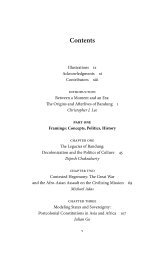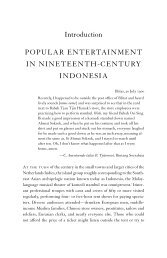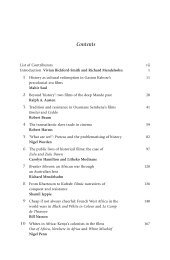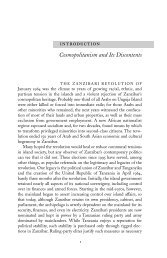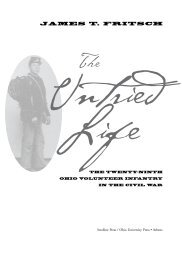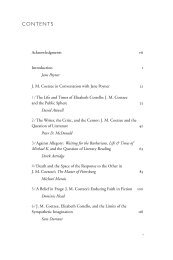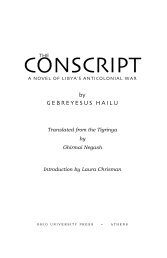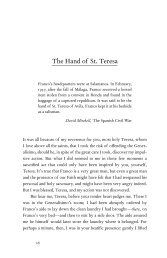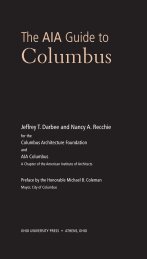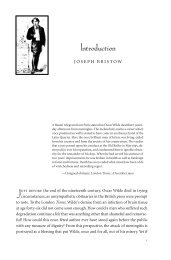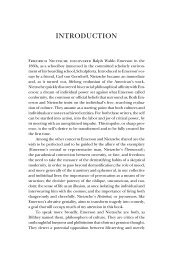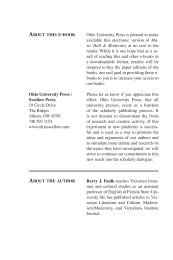Introduction
Introduction
Introduction
Create successful ePaper yourself
Turn your PDF publications into a flip-book with our unique Google optimized e-Paper software.
In February 1899, Jeannie Straughan joined Whiteway, where she entered<br />
into a “free union” with Sudbury Protheroe. On the issue of free unions, the<br />
English idealists parted ways with Tolstoy, who envisioned abstinence as “the<br />
ideal . . . marriage being tolerated but not encouraged.” Rejecting chastity,<br />
the Whiteway settlers took Tolstoy’s thinking to its next logical step, arguing<br />
that dedicated Tolstoyans could not seek the sanction of either church or<br />
state for a marriage, which in any event made a woman a “chattel, . . . ringed<br />
and labelled as man’s property, losing even her name in marriage—almost<br />
her identity.” Instead, women at Whiteway donned “rational” (that is, nonconstricting)<br />
dress and joined the men in working the fields. The men rarely<br />
reciprocated by helping the women in the house. 16<br />
The unmarried Burtt appears not to have entered a free union during<br />
the time he spent at Whiteway, but he did become intimately familiar with<br />
hard physical labor and poverty. With no experience farming, he and the<br />
others found that “small culture by amateurs” produced “little, and we soon<br />
became very poor, in spite of many gifts from friends.” Still, Burtt was enormously<br />
happy, recalling that<br />
frost did not chill by night, nor the sun burn by day. I do not remember<br />
that rain ever fell in the sweet Arcady. . . . We felt immensely rich,<br />
and at peace with all the world. Even the poorest, we hoped, could<br />
not accuse us of taking an undue advantage of having been born in<br />
a better position than himself. If our feet were down in the potato<br />
trenches, our heads were up with the stars. We felt we were gods.<br />
“After a few months at Whiteway,” he felt that his “mind and body seemed<br />
to be created anew.” 17<br />
After a long day of work, the colonists spent their evenings in rather bourgeois<br />
pursuits, playing the piano, singing, and reading: “Shelley, Browning, Shakespeare,<br />
Emerson, Carpenter and Ruskin were perhaps the chief favourites.” 18<br />
Of course, all was not idyllic in utopia, as Burtt’s reference to digging<br />
potatoes suggests. The community’s decision to purchase two uncooperative<br />
dairy cows proved a minor comedy, and the local Stroud Journal included the<br />
occasional critical paragraph on the “educated” folk dabbling in the simple<br />
life at Whiteway. The commune also attracted curiosity seekers, especially<br />
in the summer, who came to gawk at the “settlers.” More serious were the<br />
persistent financial problems and the personality conflicts that threatened to<br />
tear the community apart. 19<br />
Chocolate Islands



